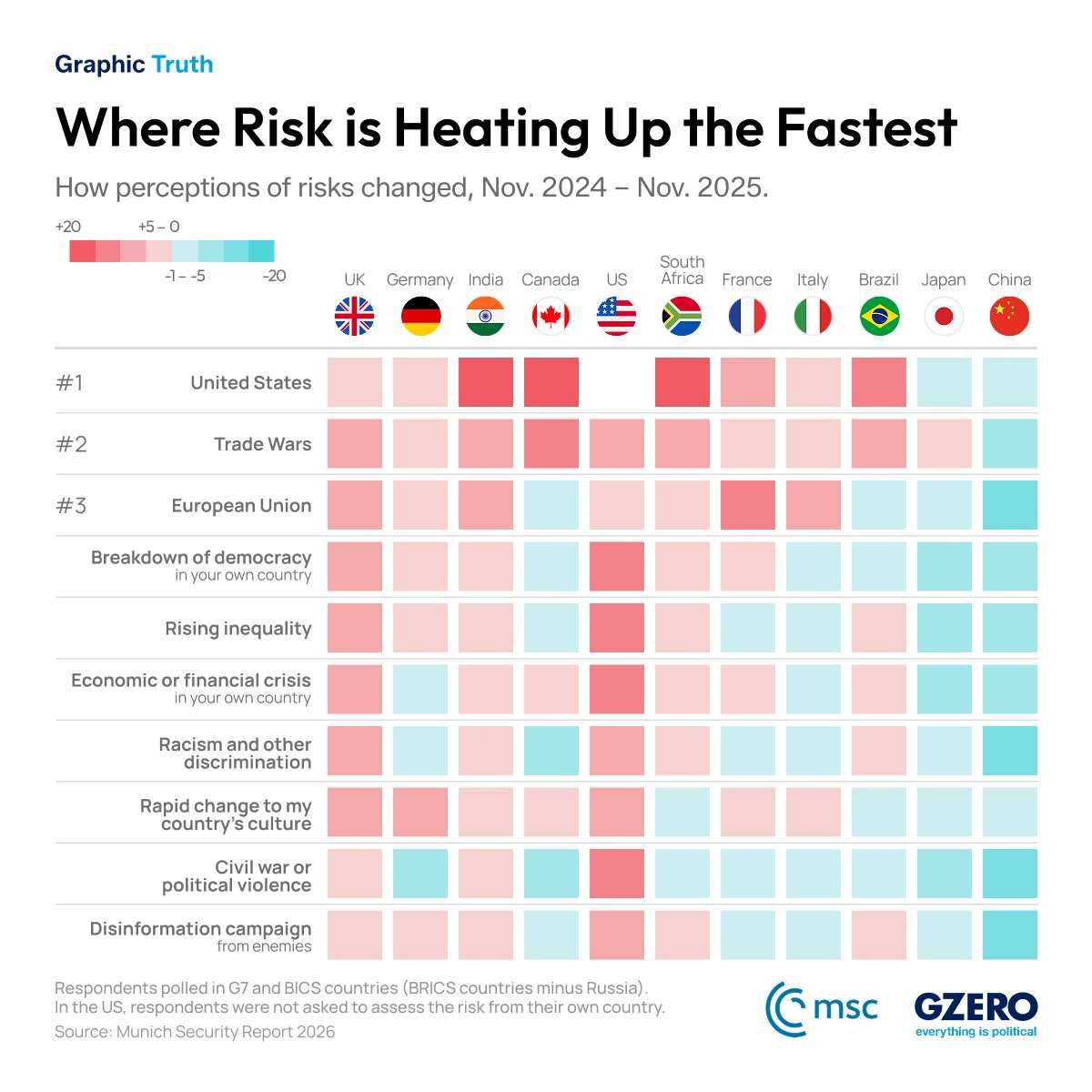News
June 19, 2019
9.7 billion: A new UN Population Division report projects that the global population will hit 9.7 billion by 2050, up from the current 7.7 billion. Most of that population growth will come from sub-Saharan Africa, which is expected to add another billion people over the next three decades.
13.3 trillion: In other projections to the year 2050, energy trackers at BloombergNEF estimate that the 62% increase in electricity demand over the next three decades will bring in $13.3 trillion in new investments, with $5.3 trillion going to wind and $4.2 trillion to solar. That's a lot of power but sweeping policy changes will still be needed to hit global climate targets.
9,000: Bitcoin, the world's original cryptocurrency, surged past $9,000 this week to a 13-month high following the news of Facebook's plan to launch its own digital currency and payment system. The prospect of the world's biggest social network moving into the crypto space has seemingly legitimized an industry that's been struggling with growth problems, fraud, and volatile prices.
1,232: Local authorities in Berlin this week approved a plan to freeze rent hikes in the city for the next five years as the German capital has become a major destination for European job seekers. Currently, the average monthly rent in Berlin is about $1,232, a 7% jump over the first three months of this year.
More For You
Every year, the Munich Security Conference, the world’s leading forum on international security, releases data that sheds light on how citizens view global risks.
Most Popular
TOKYO, JAPAN - FEBRUARY 8: Japan's Prime Minister Sanae Takaichi, leader of the ruling Liberal Democratic Party (LDP), places a red paper rose on the name of an elected candidate at the LDP headquarters on general election day on February 08, 2026 in Tokyo, Japan. Voters across the country headed to polls today as Japan's Lower House election was held.
Photo by Kim Kyung-Hoon - Pool/Getty Images
When Japanese Prime Minister Sanae Takaichi called snap elections last month, it was a big gamble. Holding a winter election just four months into her tenure with no real policy record to run on?
© 2025 GZERO Media. All Rights Reserved | A Eurasia Group media company.
